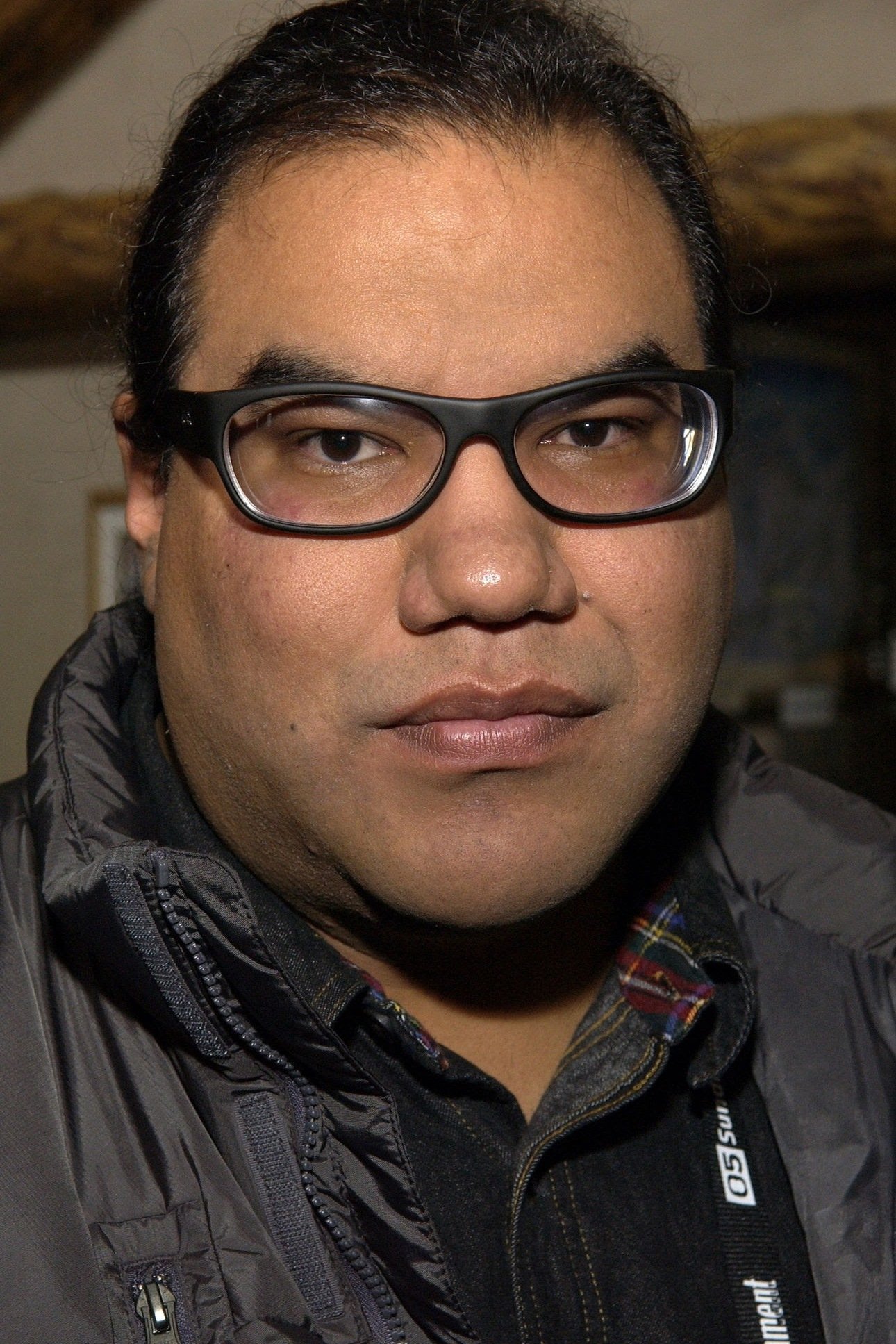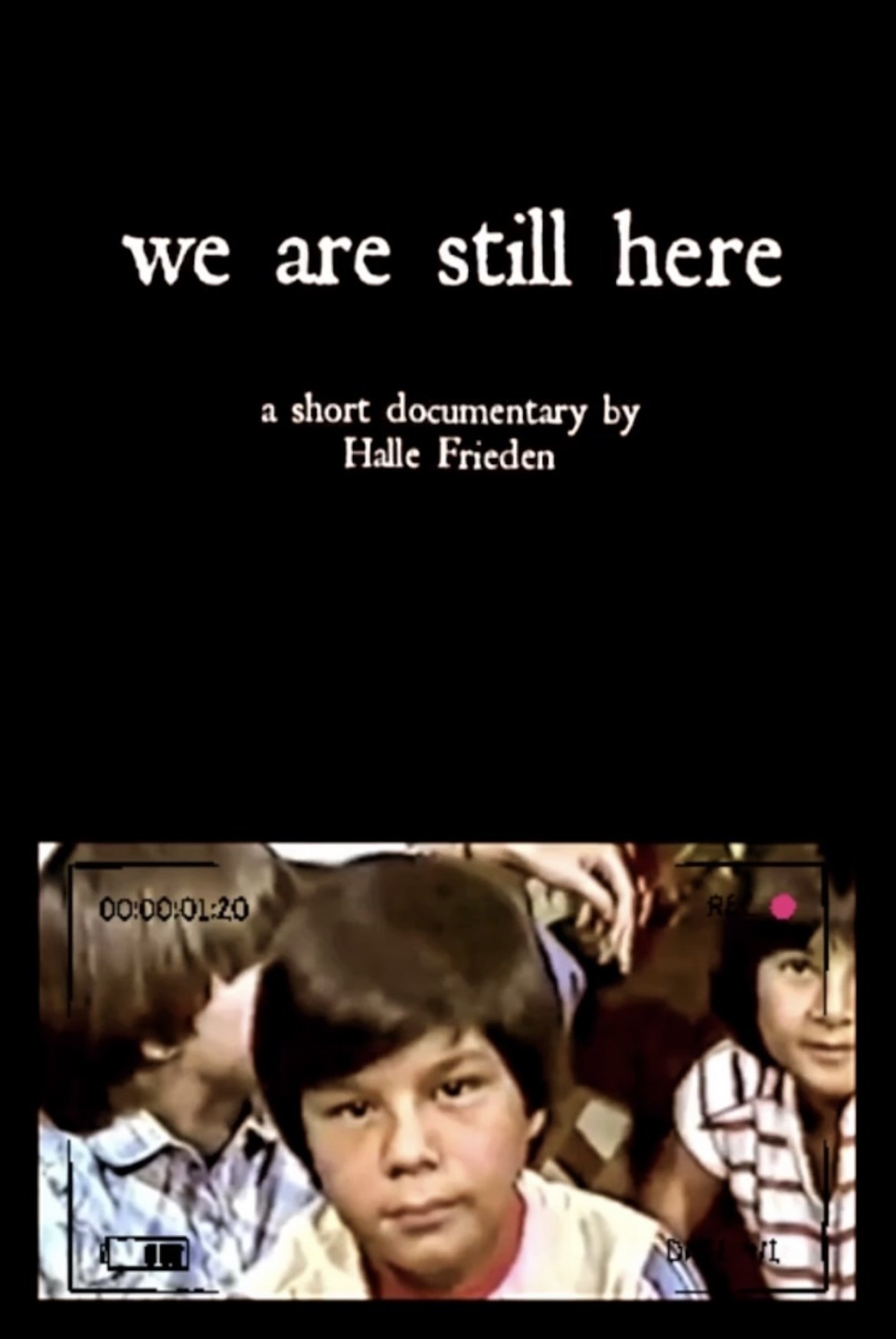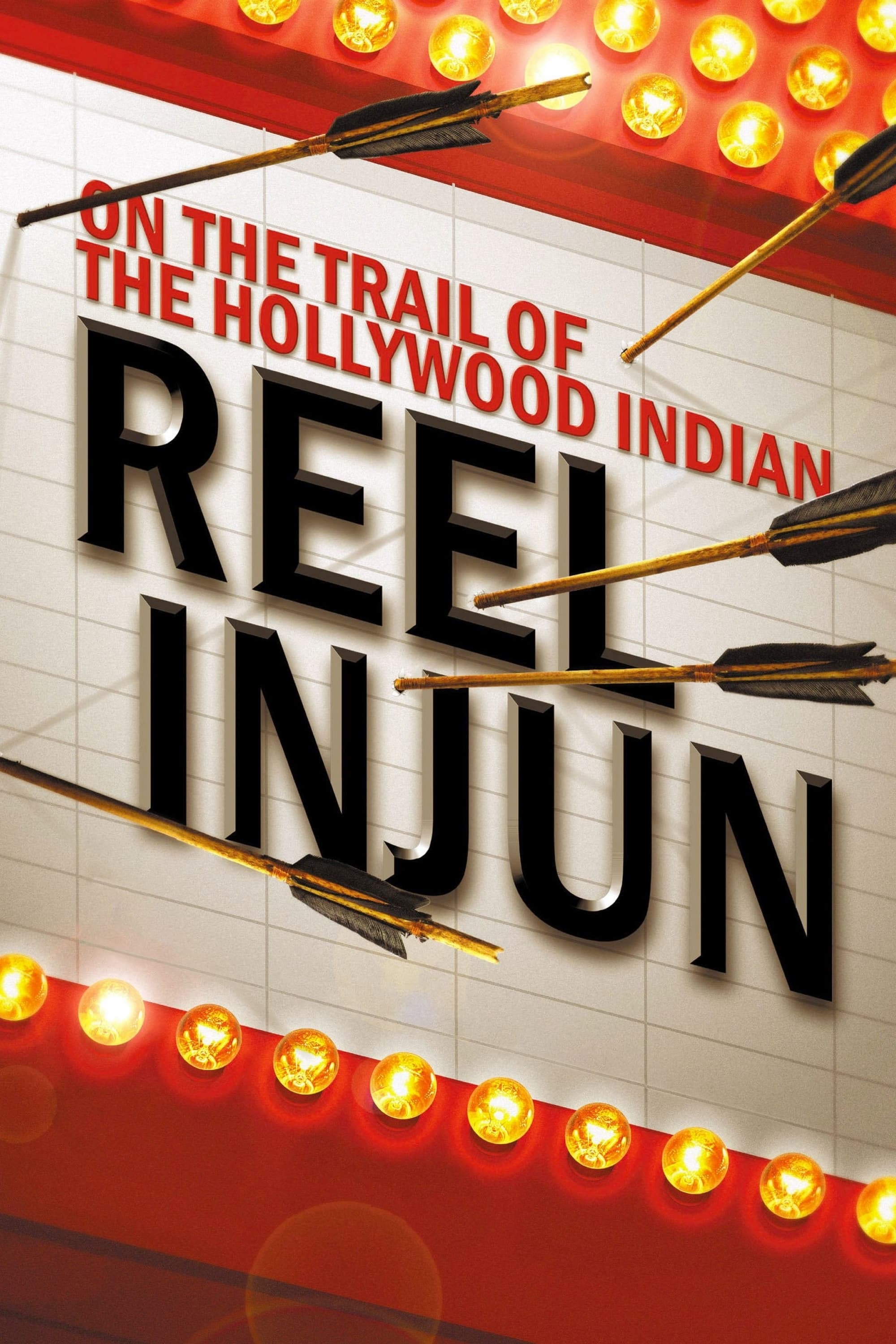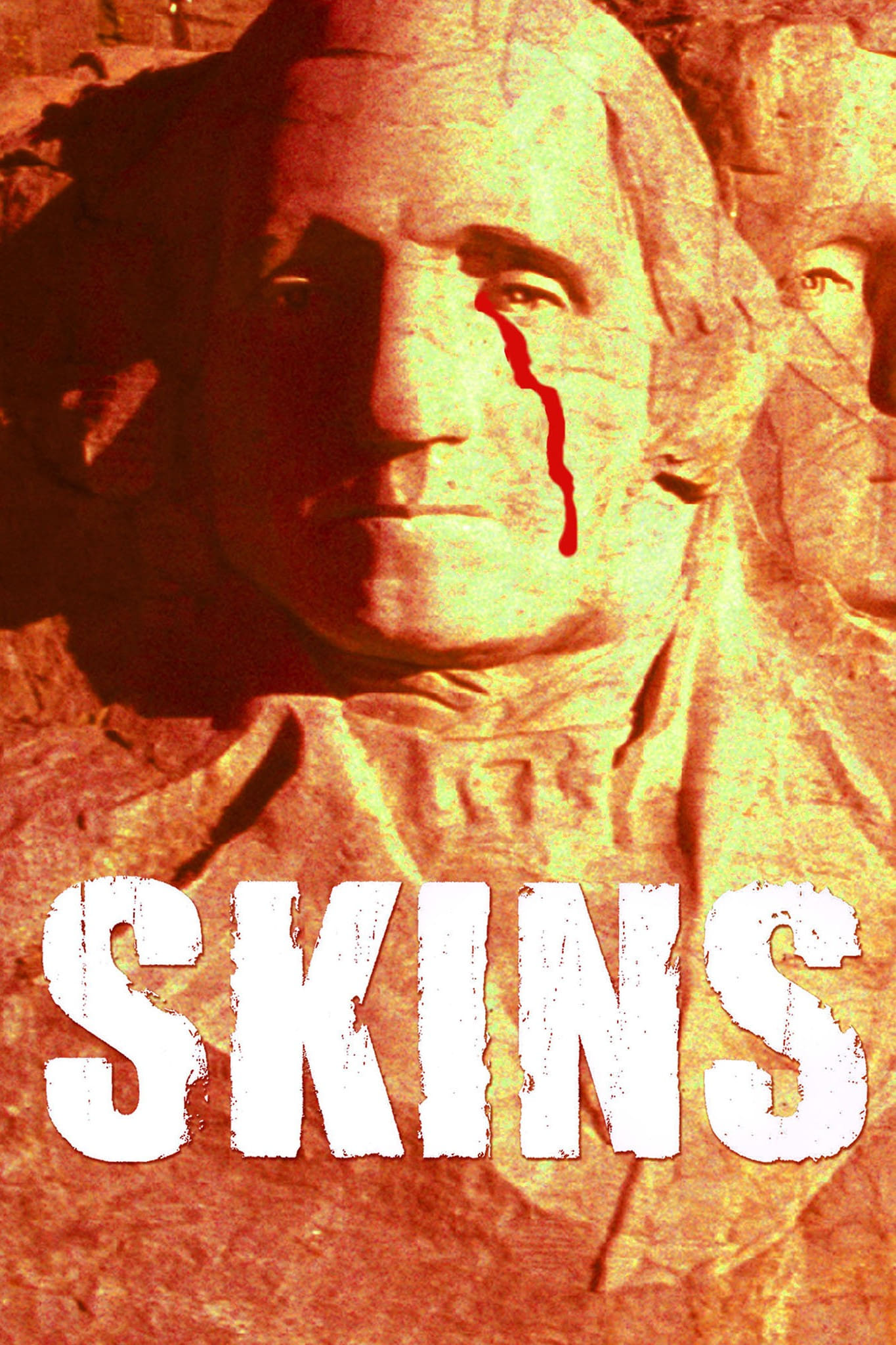

Indigenous people have been misrepresented in film since the beginning of the Classic Hollywood Era, and people believe that Native Americans have vanished. We Are Still Here.
From totem poles to language revitalization and traditional agriculture, host Chris Eyre (Cheyenne Arapaho) discovers the resilience of the Coast Salish Tribes of the Pacific Northwest. Travel down historic waterways as the tribe revisits their ancient connection to the water with an annual canoe journey.
All across Alaska, Native cultures have depended on the abundant natural resources found there to support their families, cultures and way of life. Now these resources are growing scarce, and the people who have relied on them for centuries have to find new ways to adapt.

The evolution of the depiction of the various Native American peoples in cinema, from the silent era to the present day: how their image on the screen has changed the way to understand their history and culture.

A look at the mystique of road movies, combining interviews, film clips, music, photography, literature and a narrative storyline featuring Paul Rudd and Tom McCarthy.

Faced with the murder of three medicine men, Navajo police must find the culprit. That the murders appear to be the work of a Skinwalker, or bad medicine man, complicate and illuminate the detective's work.

An inspirational tale about the relationship between two Sioux Indian brothers living on the Pine Ridge Indian reservation.
An enrolled member of the Cheyenne and Arapaho Tribes of Oklahoma, Chris Eyre gained national attention in 1998 with the movie Smoke Signals. People Magazine called him "the preeminent Native American filmmaker of his time."
By browsing this website, you accept our cookies policy.